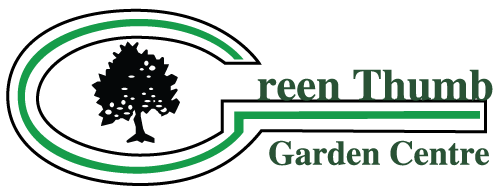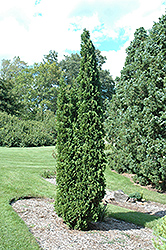Plant Search
Degroot's Spire Arborvitae
Thuja occidentalis 'Degroot's Spire'
Height: 9 feet
Spread: 24 inches
Sunlight:
![]()
![]()
Hardiness Zone: 3b
Other Names: Eastern White Cedar
Description:
A pencil-thin spire-like evergreen accent for home landscape use, with a spiraling tendency of growth; a most unique specimen in the hands of inspired gardeners, hardy and adaptable, use as a solitary; best with some sun, protect from drying winds
Ornamental Features
Degroot's Spire Arborvitae is a dwarf conifer which is primarily valued in the landscape or garden for its rigidly columnar form. It has rich green evergreen foliage. The scale-like sprays of foliage remain green throughout the winter.
Landscape Attributes
Degroot's Spire Arborvitae is a dense multi-stemmed evergreen shrub with a narrowly upright and columnar growth habit. Its relatively fine texture sets it apart from other landscape plants with less refined foliage.
This is a relatively low maintenance shrub. When pruning is necessary, it is recommended to only trim back the new growth of the current season, other than to remove any dieback. It has no significant negative characteristics.
Degroot's Spire Arborvitae is recommended for the following landscape applications;
- Accent
- Vertical Accent
- Hedges/Screening
- General Garden Use
Planting & Growing
Degroot's Spire Arborvitae will grow to be about 9 feet tall at maturity, with a spread of 24 inches. It has a low canopy with a typical clearance of 1 foot from the ground, and is suitable for planting under power lines. It grows at a slow rate, and under ideal conditions can be expected to live for 50 years or more.
This shrub does best in full sun to partial shade. It prefers to grow in average to moist conditions, and shouldn't be allowed to dry out. It is not particular as to soil type or pH. It is somewhat tolerant of urban pollution, and will benefit from being planted in a relatively sheltered location. Consider applying a thick mulch around the root zone in winter to protect it in exposed locations or colder microclimates. This is a selection of a native North American species.








